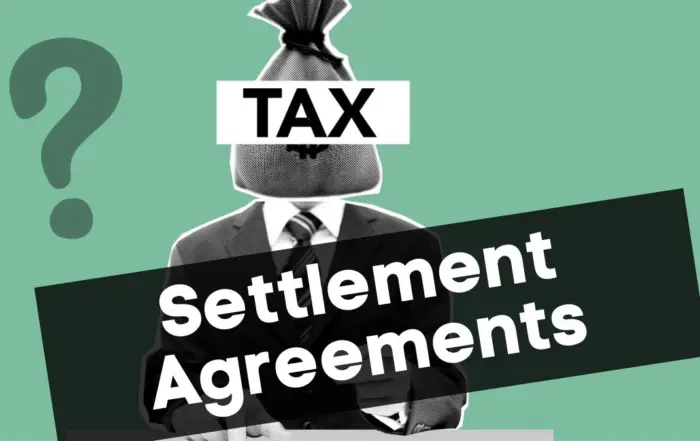Employment – How do you know if redundancies are coming?
Share this article...

It is sometimes obvious that businesses may need to cut staff.
As an employee, sometimes you can see the way things are going, and sometimes redundancy comes as a total shock. Signs can include the loss of a major customer, a TUPE transfer to a new employer, an office move, a recruitment freeze, or managers getting “twitchy” or behaving differently, perhaps micromanaging (more) or being overly critical rather than constructive. Whatever happens, facing redundancy can be extremely worrying.
How are people chosen for redundancy?
The process for selection of employees for redundancy will depend on the circumstances.
Sometimes employers won’t need to select employees if the entire operation is closing. A closure will usually mean it’s fair to make everyone redundant.
Sometimes it’s less clear-cut. For instance, if there’s a TUPE transfer which leads to a relocation to the new employer’s existing site, all employees should be included in the pool for selection, including those who were already employed by the new employer. But if the employer doesn’t want to rock its existing boat, it might only select the transferred employees. That is likely unfair under TUPE, but that doesn’t mean it won’t go ahead – the employer can always dismiss, it’s more a case of whether the dismissal is fair.
Another scenario is where the headcount in a particular team needs to be reduced to reduce costs. The employees in the team (the “pool for selection”) will be scored on objective selection criteria and the lowest scoring will be selected for redundancy.
Can you be made redundant if your job still exists?
Possibly, yes. If you’re one of several employees who do the same job – one of a team – and the job is unchanged but your employer needs fewer employees to do it, then yes, you can be made redundant. Your employer would need to carry out a fair selection process using objective selection criteria, and if you’re selected because of scoring lower than however many employees are still needed, then you’d be redundant.
However, if your job still exists, and your employer didn’t go through a fair selection process, and you’ve got more than two years’ service, then you may be able to claim unfair dismissal.
What is the 4 week rule in redundancy?
The 4 week rule refers to when you’re offered a suitable alternative role after your job is made redundant. You’re entitled to a trial period of 4 weeks in the new role so that you and your employer can check if it’s suitable for you. If things don’t work out during the 4 weeks, you’ll be made redundant and will be entitled to statutory redundancy pay if you’ve got more than two years’ service.
Can I start a new job straight after being made redundant?
Yes – as long as your employment has ended you can start a new job. If you’re put on garden leave for your notice period, then you’re still employed and can’t work elsewhere – your contract or garden leave provisions will usually state this expressly.
You may however be subject to restrictive covenants that limit where you can work and what you can do for a period after your employment ends. These may be harder for your employer to enforce, but they don’t necessarily stop applying when you’re made redundant, especially if you sign a settlement agreement.
Do I need a solicitor if I’m being made redundant?
Not always, but if you’re concerned about the procedure followed – especially if you feel that you’ve been unfairly included. For instance, if you feel that you’ve been selected because of your sex, maternity or childcare responsibilities, flexible/remote working status, race, disability or any other protected characteristic, then you should get advice to protect your rights.
Oftentimes, we will help our clients to get a better settlement deal from their employer rather than enabling them to keep their job – the unfortunate reality is that by this stage, the employer has made their decision and it’s more about maximising your compensation payment.
Need more help?
If you need more help with the subjects covered here then do reach out to our expert online employment law solicitors. You can email us at employment@qlaw.co.uk or call 03300 020 863.














Leave A Comment